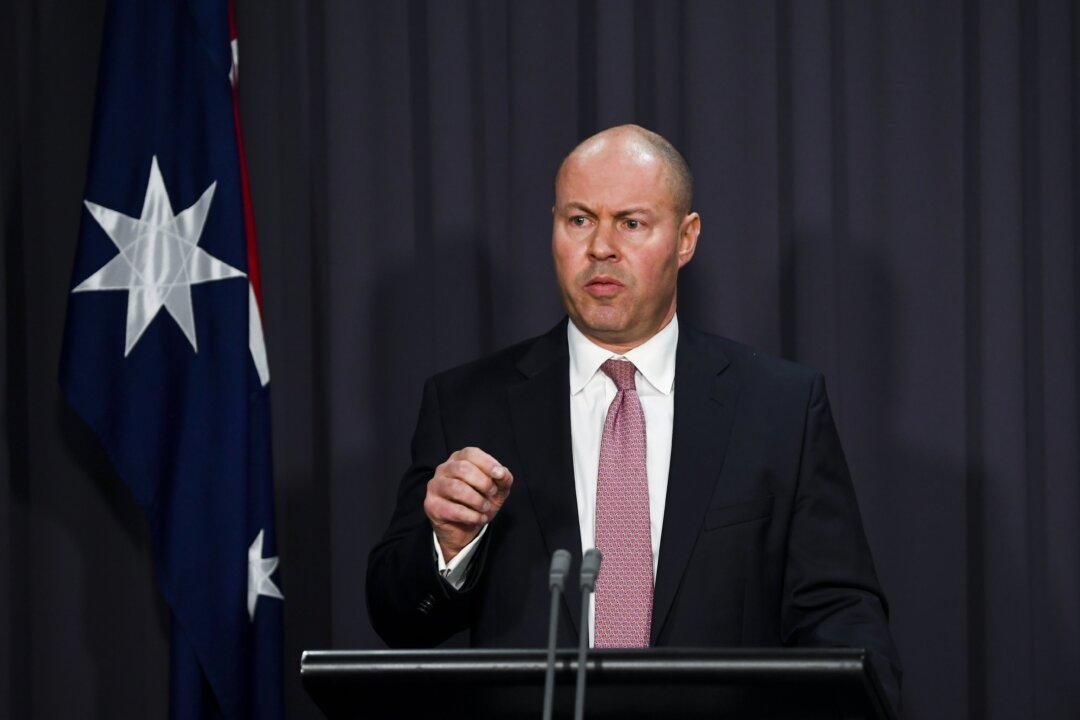Australian superannuation funds are divesting away from Russian assets with support from the federal government.
“The Morrison Government is today confirming its strong expectation that Australian superannuation funds will review their investment portfolios and take steps to divest any holdings in Russian assets,” Treasurer Josh Frydenberg said in a statement.





